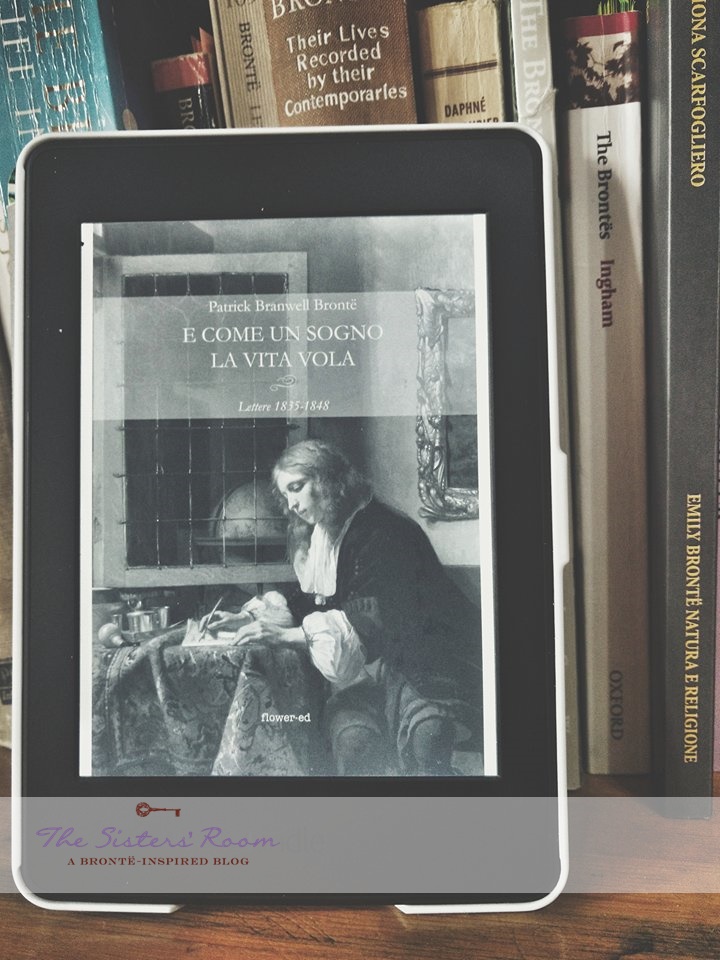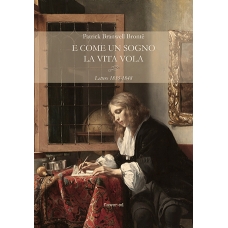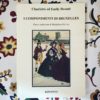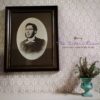During these last, dark and rainy days of fall we particularly enjoyed reading E come un sogno la vita vola, a collection of Branwell Brontë’s letters, curated and translated by Alessandranna D’Auria and published by flower-ed.
In this collection we can find fourty-three letters written by Branwell between 1835 and 1848. We can find them organized into five chronological sections, and they are all followed by D’Auria’s comments. In the chapter Un grande desiderio di azione we can find a biographical portrait of Branwell, compared with the image that previous biographies depicted of him.
Three different appendices follow- one is dedicated to Branwell’s poems, one to his prose, and the last one to the Pillar Portrait.
It’s been really interesting and quite surprising to discover the most intimate and personal aspects of Branwell’s character directly from his own words. You can feel the strong determination and ambition when he was a young boy- how firmly he kept writing to the editor of the Blackwood’s Magazine, hoping to see his application accepted. You can see the very same ambition when he wrote to those well-known poets and writers of his time, in order to test his literary skills. He kept writing even though he never received an answer. Also interesting are those more confidential letters to his friends Joseph Bentley Leyland and Francis Henry Grundy.
During this year dedicated to his bicentenary, it was good to get to know better the dark and lost brother of those authors who were once called “three shining souls”. Branwell’s letters were very interesting to read, even though you can find some typos in this book. Still, we are so glad and want to thank flower-ed for letting us enjoy the atmospheres of the gorgeous collection called Windy Moors. If you want to read it too, just buy it here and click on the image below!
If you liked this article about Branwell and want to read more about him don’t miss A room of… his own- Branwell’s new studio at the Brontë Parsonage Museum, while if you want to get lost on the Windy Moors read Il pensiero religioso di una poetessa inglese del secolo XIX. Emilia Giovanna Brontë, Italian Essay on Emily Brontë’s Religious Thought: A Review






